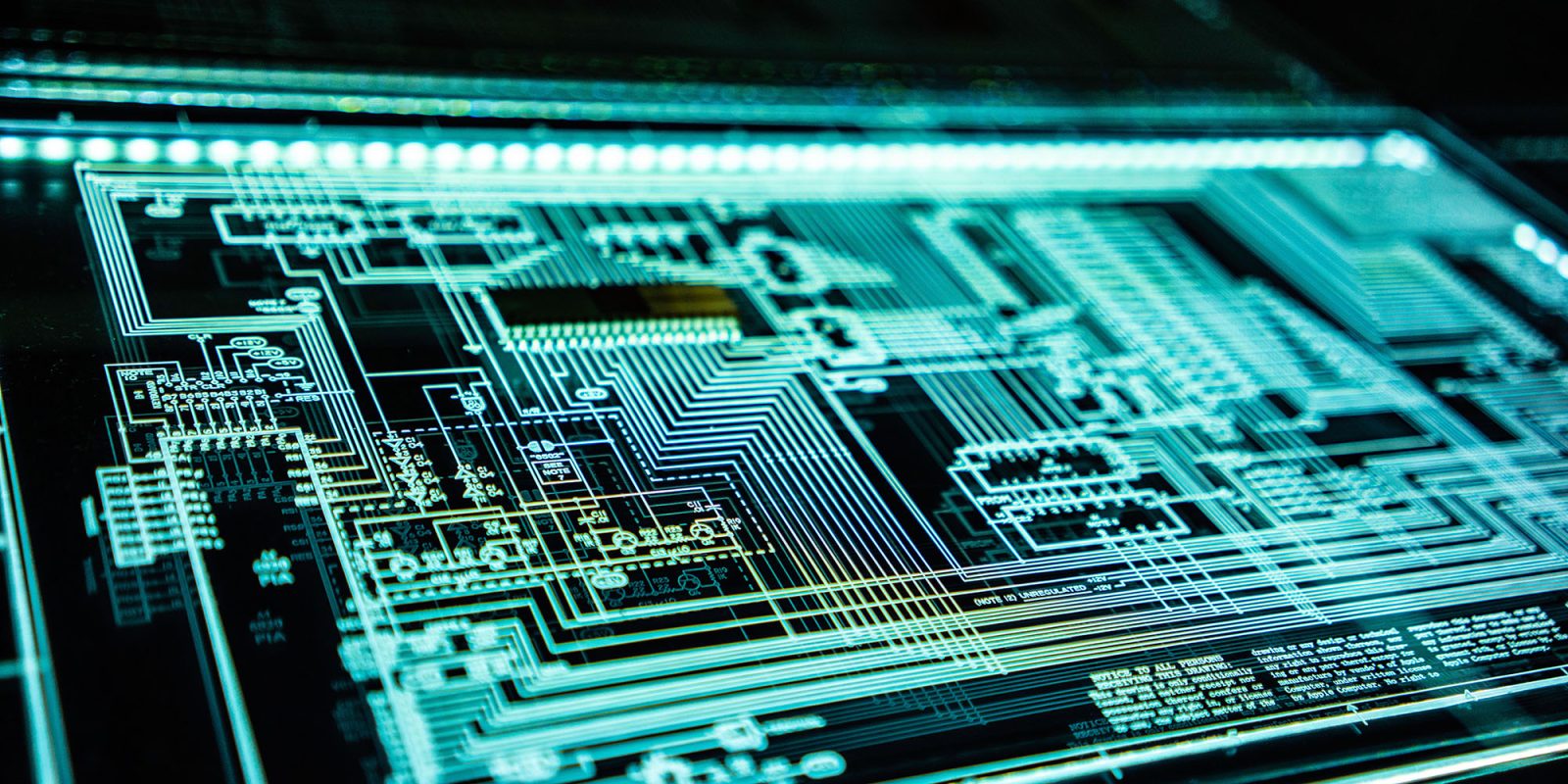
The on-off Apple vs Corellium legal battle has been going on now for four years, but the final case has now been settled out of court, according to a report today.
The dispute had an amusing moment when Apple failed in its claim that Corellium had breached copyright by replicating iOS – and responded by claiming copyright infringement of Apple wallpapers …
What does Corellium do?
Corellium is a cybersecurity company whose software creates virtual copies of both Android smartphones and iPhones. The virtual devices are aimed at security researchers wanting to look for vulnerabilities in both iOS and Android operating systems, and in mobile apps.
For this type of work, a virtual version of a device is better than the device itself, for a number of reasons. Researchers can easily work with multiple hardware configurations – to find bugs which might only apply to some of them – and they can also do things like pause iOS at a particular point in order to take a closer look at what is happening.
Apple vs Corellium legal battle
Apple first took Corellium to court in 2019.
There was never any dispute about the fact that Corellium replicated copyrighted Apple intellectual property. This included both the iOS code and all of the graphics used in the UI. The only debate was whether this amounted to “fair use” – a legal provision which allows copyrighted materials to be reproduced in certain circumstances.
Corellium said yes, as the intention is to improve the security of devices, with security researchers helping Apple eliminate security flaws.
Apple said no, as Corellium imposed no obligation on security researchers to report their findings to the iPhone maker, meaning that it could be used by black-hat hackers looking for vulnerabilities which could be exploited by malware. Immediately before filing the lawsuit, the Cupertino company opened its own security bounty program, which gives invited security researchers access to development versions of iPhones, which are effectively jailbroken devices.
The battle got heated, with Corellium’s CEO arguing that Apple was trying to set a legal precedent that would allow it to take legal action against iPhone jailbreakers. We even saw the Department of Justice getting involved in the case, claiming “national security concerns” about evidence Apple wanted to submit.
Apple lost, appealed, lost again, and filed a new case
Apple lost the case, with the judge ruling that Corellium’s software did amount to fair use. The iPhone maker planned to appeal, and sought an injunction against the sale of the software until that appeal was heard. However, those proceedings were later dropped by Apple, and it appeared the two sides were close to reaching some kind of settlement.
Less than a week later, however, Apple ended discussions and went ahead with its appeal. That took some time to come to court, but when it did, the court of appeal upheld the original ruling, that Corellium’s use was indeed covered by the fair use doctrine.
Apple didn’t give up, however. Somewhat amusingly, having been told that it was fine for Corellium to copy the entirety of the iOS code, the iPhone maker filed a new lawsuit arguing copyright and trademark infringements on Apple wallpaper and branding!
A new settlement has been reached
Forbes reports that this latter case has now been settled.
On Thursday, the court announced that a settlement had been reached. “The parties reached a full and complete settlement of all remaining causes of action and issues in this case,” a note on the docket read. “The court congratulates the parties and their counsel on reaching an amicable settlement in this case.”
Neither Apple nor Corellium had commented on the case at the time of publication.
No details have yet emerged on the terms of the settlement.
Photo: Adi Goldstein/Unsplash
Add 9to5Mac to your Google News feed.
FTC: We use income earning auto affiliate links. More.







